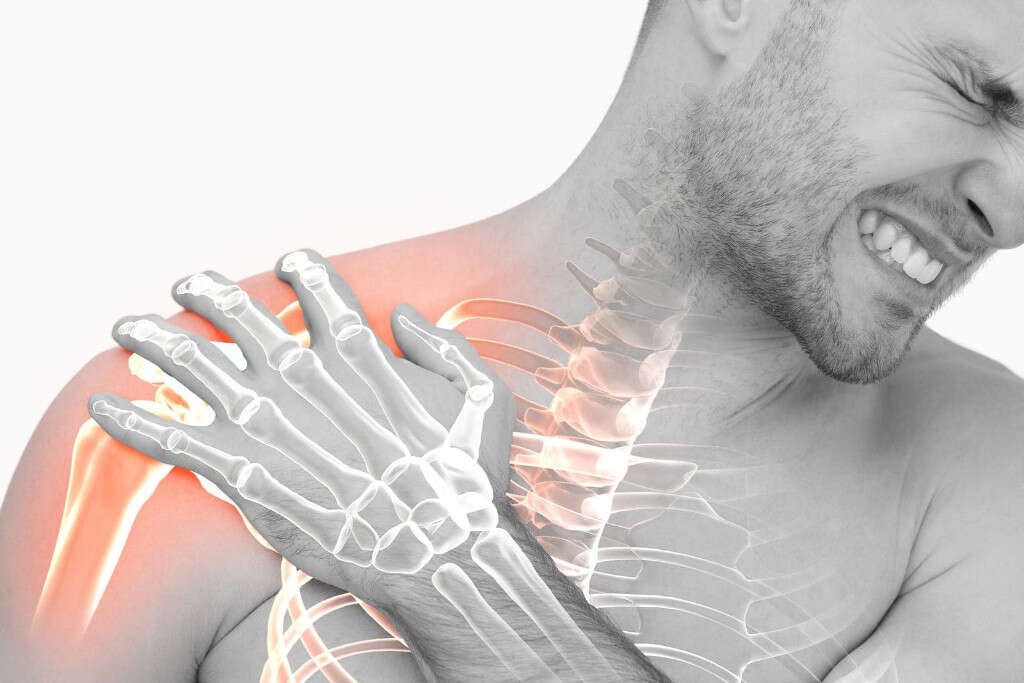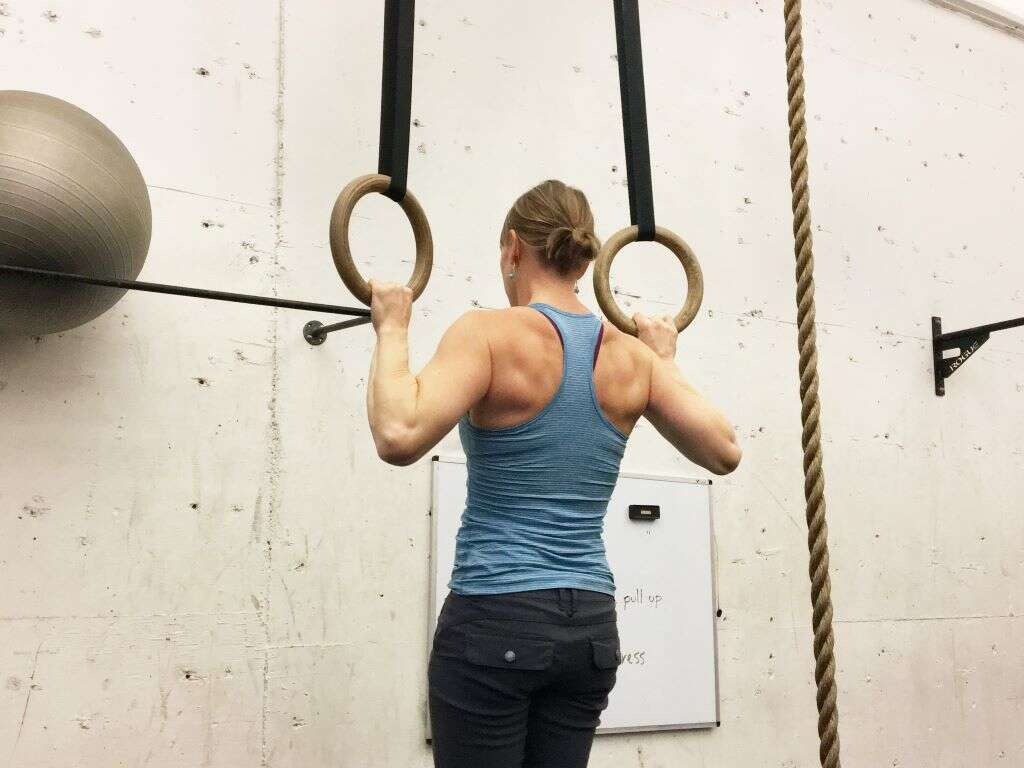10 Causes of Shoulder Pain
The shoulders are an important part of our body. Our shoulder joints allow us a great range of motion in our arms, and without them we would be unable to lift, carry, or grab many things.
Unfortunately, many people are prone to shoulder pain that can result from a range of problems – from arthritis to tendinitis to simple injuries. Regardless of the cause of pain in your shoulder, it’s uncomfortable.
The first step to managing your shoulder pain is to identify what’s causing it. If you have an acute injury, treatment will be a lot different than if you have a chronic problem. Also, it’s important to know that the proper management of an acute problem is vital, so it doesn’t become chronic.

Cause #1: Bursitis
Bursitis is one of the more common problems that can cause joint pain, especially in the shoulder. This condition affects the bursae, which are small fluid-filled sacs found in the joints. These sacs help cushion the joints and bones from friction and impact.
Unfortunately, people who use their joints too much are often prone to inflammation of their bursae. Bursitis of the shoulder is particularly common in people who play sports that involve using the arms a lot: tennis players, cricket players, etc.

Cause #2: Acute Tendinitis
Tendinitis is a condition in which the tendons of the body become inflamed. The tendons are cords that connect the muscles of our body to the bones, and when these tendons become inflamed it can lead to discomfort, pain, and reduced mobility.
Acute tendinitis is a form of tendinitis that doesn’t stick around. It tends only to occur when people overuse the joints in their body. This can happen if you’re frequently throwing a ball or are engaged in any high-intensity activities that involve overhead motions.

Cause #3: Chronic Tendinitis
Acute tendinitis tends to go away after you have stopped performing the motions that led to developing the condition in the first place. Unfortunately, chronic tendinitis is a bit more difficult to manage.
Chronic tendinitis usually emerges as a result of degenerative diseases like arthritis. However, in some cases, it can arise as a result of consistent wear and tear on the joints. In the latter case, this usually happens when people ignore the warning sign of acute tendinitis and continue engaging in certain actions.

Cause #4: Torn Tendons
A torn or ripped tendon is usually a result of a serious injury, though it can also be a response to a degenerative problem.
In some cases, the tendons are only lightly torn. If, however, the tendons are completely severed from the bones, it’s becomes impossible to move the joint properly. In these cases, serious medical attention is usually required.
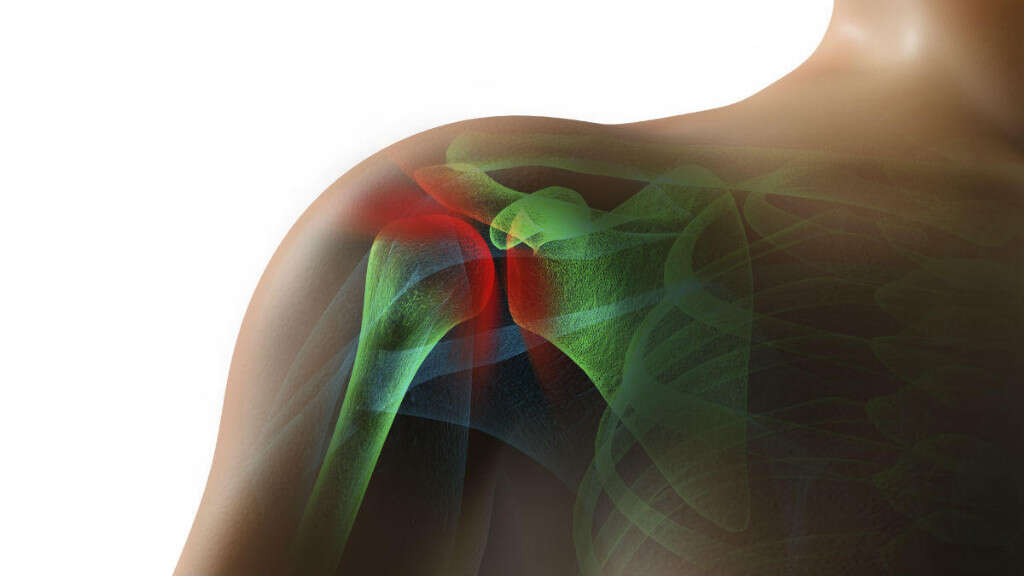
Cause #5: Impingement
Shoulder impingement is a problem that occurs when the acromion applies too much pressure on the rest of the shoulder. The acromion, that is, the upper part of the shoulder blade, rests on top of the soft tissue in the shoulder when the arm is raised or extended out from the body.
If someone uses their shoulders too much or too aggressively, the acromion can rub against the tendons in the shoulder. This excessive rubbing is known as impingement and can be a catalyst for problems like bursitis.

Cause #6: Shoulder Instability
Shoulder instability might not sound like a very serious problem, but the implications can be quite severe.
This problem happens when the top part of the upper arm’s bone is pushed out of the shoulder socket, which usually occurs after a serious injury. However, it can also occur when someone simply uses their shoulder joint too much.
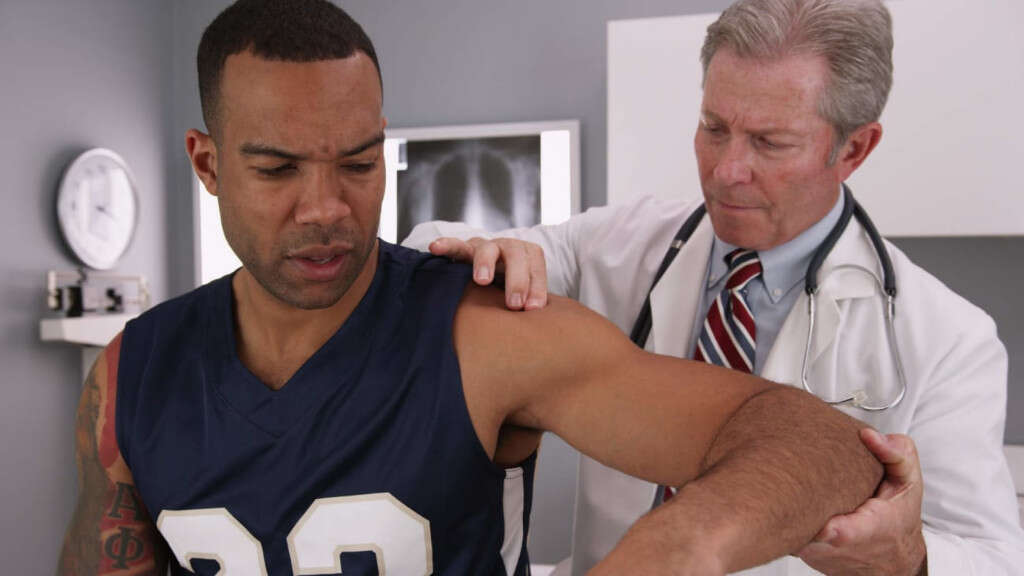
Cause #7: Dislocation
A shoulder dislocation occurs when the ball of the upper arm pops out of the shoulder socket. A partial shoulder dislocation occurs when the ball is only partially removed from the socket. This is not as painful as a full dislocation but still causes pain and seriously impedes a person’s range of motion.
A full dislocation occurs when the ball is completely pushed out of the socket. This can cause an inability to move the joint at all and can drastically reduce a person’s quality of life and their ability to function.

Cause #8: Arthritis
Arthritis is a condition that affects the joints and bones in the body. There are quite a few different kinds of arthritis, but the one that most commonly affects the shoulder is osteoarthritis. Osteoarthritis, also known as wear-and-tear arthritis, causes swelling, discomfort, and pain, and reduces the range of motion in the shoulders.
Osteoarthritis tends to emerge in middle age as a result of chronic use of the shoulder joints through sports, work, or other activities.

Cause #9: Fractures
Fractures of the humerus, clavicle and/or scapula can cause severe shoulder pain. These types of lesions are a medical emergency and therefore should be treated as soon as possible
Fractures can occur if someone falls or if they are tackled in a game such as football. They are also common injuries associated with car accidents.
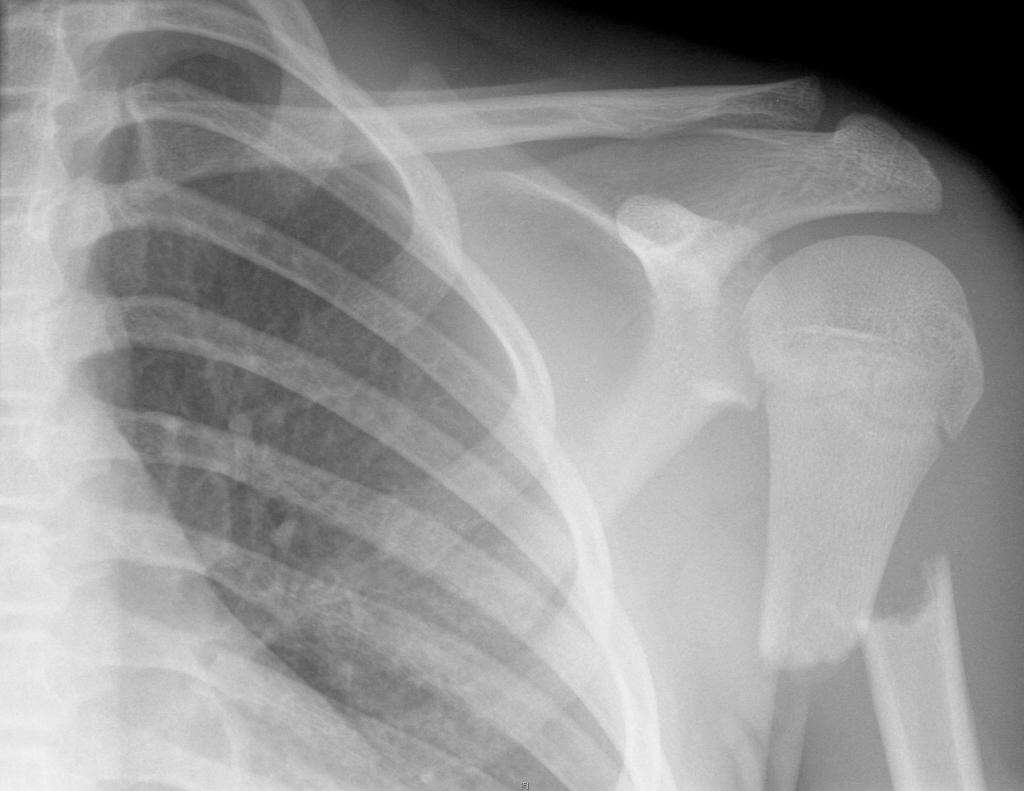
Cause #10: Frozen Shoulder
Frozen shoulder is an aptly named condition marked by serious stiffness and a sensation of numbing or being frozen. This leads to the inability to follow a normal range of motion.
Typically, during the main stages of frozen shoulder, people do not experience much pain because the area feels frozen. However, during the post-freeze and per-freeze stage, people may experience a significant amount of pain and discomfort due to inflammation in the tissues of their shoulder.
